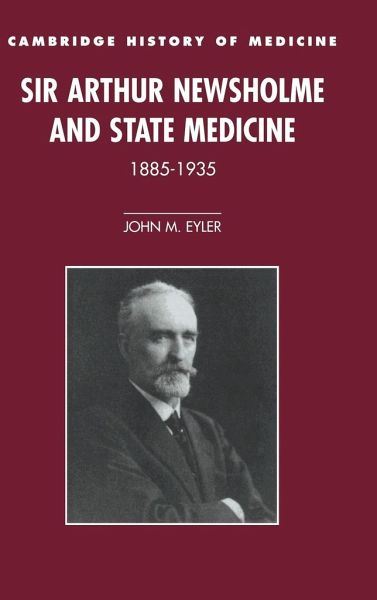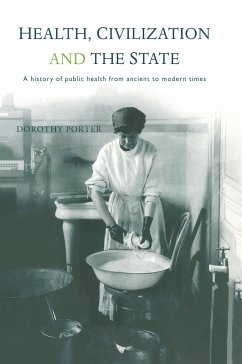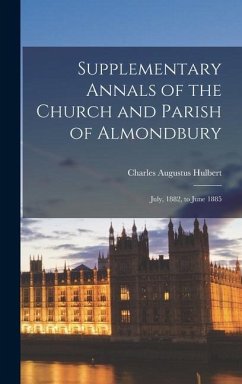
Sir Arthur Newsholme and State Medicine, 1885-1935
Versandkostenfrei!
Versandfertig in 1-2 Wochen
116,99 €
inkl. MwSt.

PAYBACK Punkte
58 °P sammeln!
The half century between 1885 and 1935 witnessed a significant improvement in the health of the British people due in no small part to an unprecedented expansion of preventive and therapeutic services offered by the state through its local authorities. Behind the expansion in public services were profound changes in attitudes toward poverty and dependency and toward the political and cultural significance of health; changes in social policy and administration; and changes in the understanding of the causes of disease. This book examines the era through the ideas and experiences of Sir Arthur N...
The half century between 1885 and 1935 witnessed a significant improvement in the health of the British people due in no small part to an unprecedented expansion of preventive and therapeutic services offered by the state through its local authorities. Behind the expansion in public services were profound changes in attitudes toward poverty and dependency and toward the political and cultural significance of health; changes in social policy and administration; and changes in the understanding of the causes of disease. This book examines the era through the ideas and experiences of Sir Arthur Newsholme, the leading public health authority in the Britain of his day. Professor Eyler especially details Newsholme's tenure as the Medical Officer of the Local Government Board in Whitehall, where he helped to launch such bold measures a national health insurance and programs for tuberculosis, venereal disease, and infant welfare. Eyler also describes Newsholme's postretirement studies of international health systems; his statistical and epidemiological studies and their connection to his policy recommendations; and his conflicts with biometricians over these studies.














